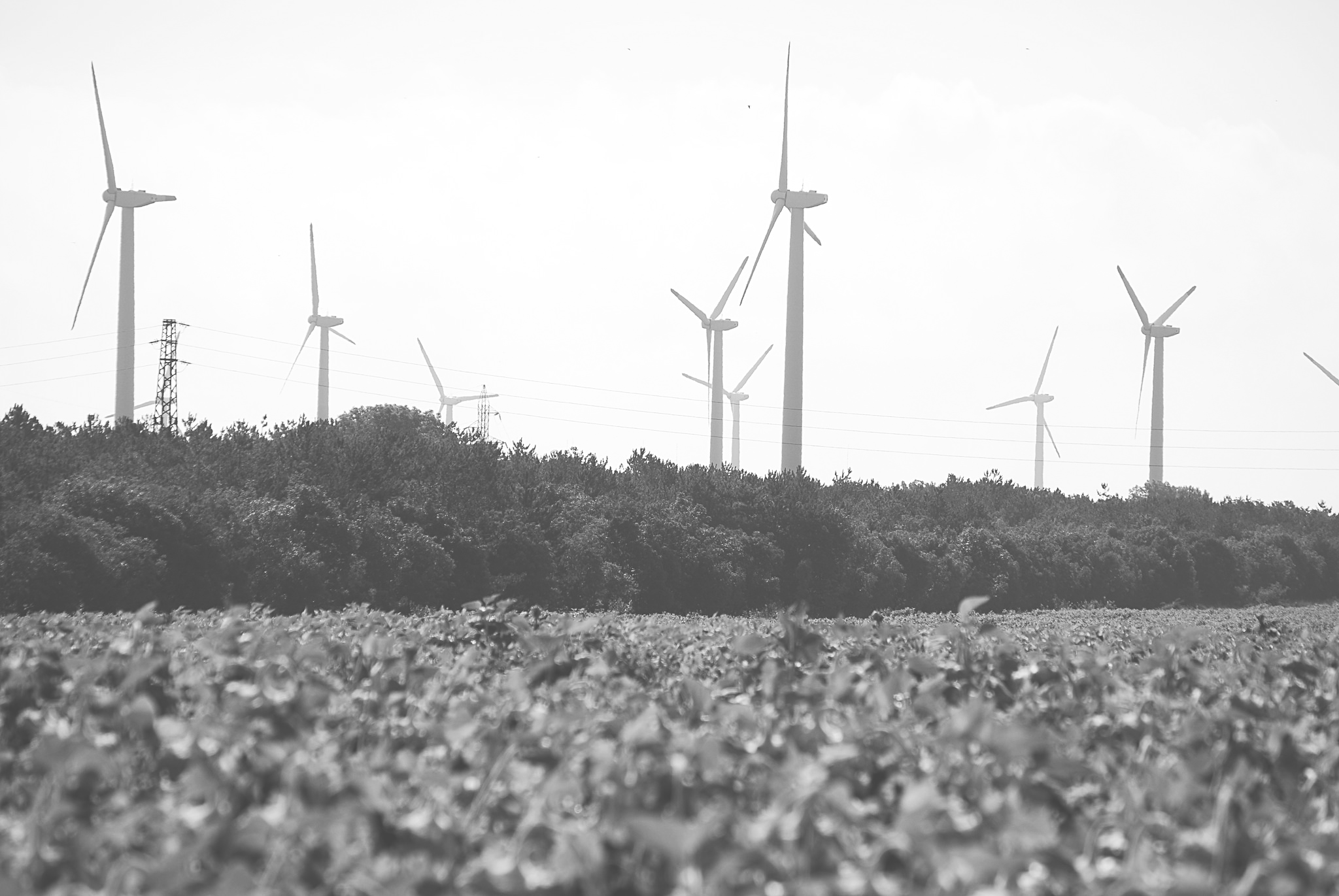Supporting transition to low-carbon and climate smart urbanization

Supporting transition to low-carbon and climate smart urbanization

The C40 Infrastructure Interdependencies + Climate Risks Report summarizes the efforts of a sample of city governments and other public agencies around the world to understand the cascading impacts of climate change on interconnected infrastructure systems at the urban scale. It highlights how the identification of infrastructure interdependencies and climate impacts can serve as a first step in reducing risks to systems.
This reports provides examples of many different and novel approaches that municipalities are beginning to take to move to a more circular economy. In this publication, C40 Cities have mapped out areas under municipalities’ jurisdiction, where there is significant potential to embed circular economy principles into systems and value chains in the urban environment. The case studies are themed in the following categories: city-level strategies, urban refurbishment, public procurement, utilities and civic waste.
This manual provides guidance and best practices on how to use data for developing and implementing policy on building energy efficiency. The primary audience for this manual are the C40 cities in the Private Building Efficiency (PBE) network and the Municipal Building Efficiency (MBE) network. Most of the guidance is applicable to both PBE and MBE networks. Where guidance is specific to PBE or MBE, it is called out accordingly. The users of the manual include city policy makers, efficiency program administrators and data analysts as well as external consultants supporting them.
This manual provides guidance and best practices on how to use data for developing and implementing policy on building energy efficiency. The primary audience for this manual are the C40 cities in the Private Building Efficiency (PBE) network and the Municipal Building Efficiency (MBE) network. Most of the guidance is applicable to both PBE and MBE networks. Where guidance is specific to PBE or MBE, it is called out accordingly. The users of the manual include city policy makers, efficiency program administrators and data analysts as well as external consultants supporting them.
This paper is a background review that builds on a growing body of research that highlights both the importance of national sustainable infrastructure and the need to develop more effective and efficient financing mechanisms for delivering compact, connected cities that meet the UN’s Sustainable Development Goals.
This Policymakers’ Summary focuses on the role of national governments in mobilising and directing urban finance, with the aim of supporting policymakers and practitioners to think systematically about financing urban development. It builds on a growing body of research that highlights the critical role of central governments in establishing more effective and efficient mechanisms to finance sustainable urban infrastructure.
This pilot research aims to enable cities to measure the wider benefits of climate action, empowering them to make a much stronger case for a much greater scale of action. The purpose of the research is to evidence the benefits of climate action, but more than this to understand how cities can evidence these benefits as efficiently, effectively and expeditiously as possible.